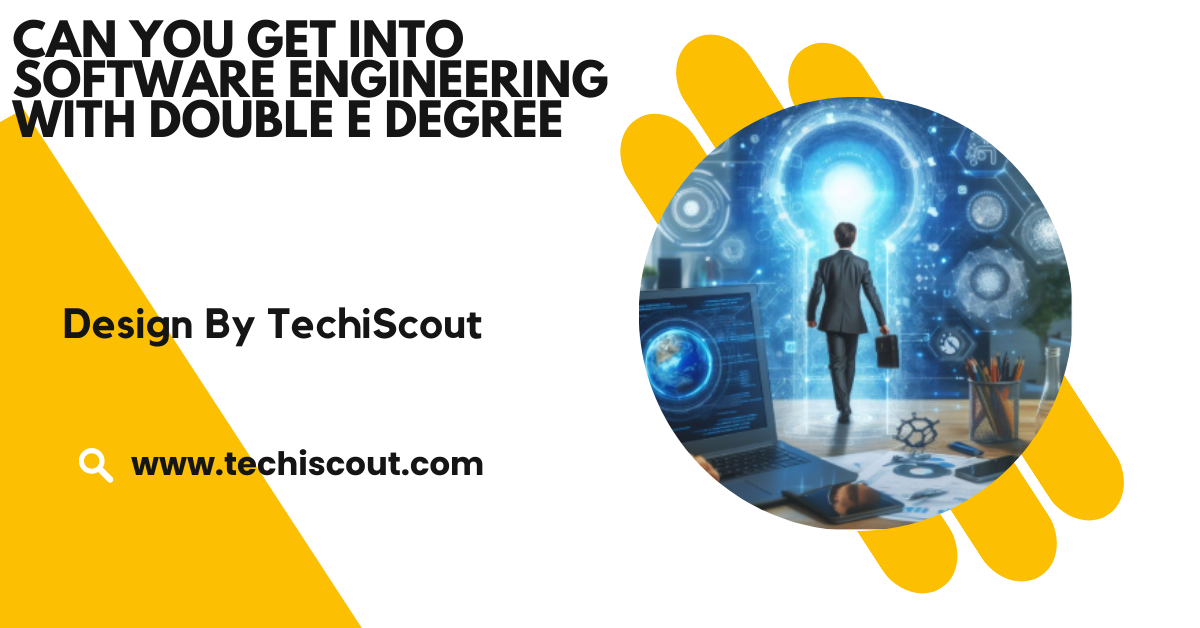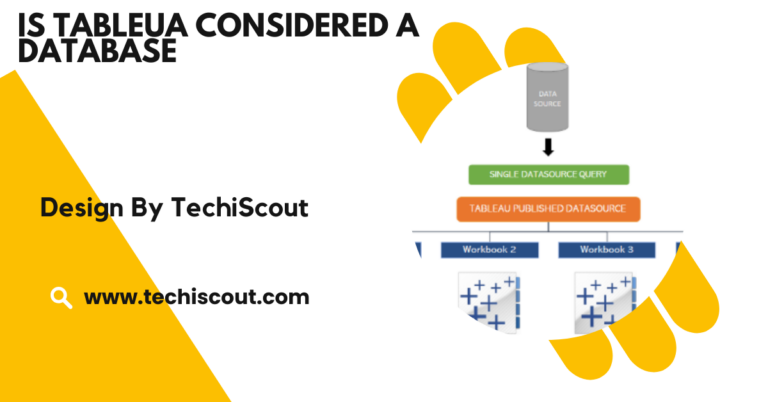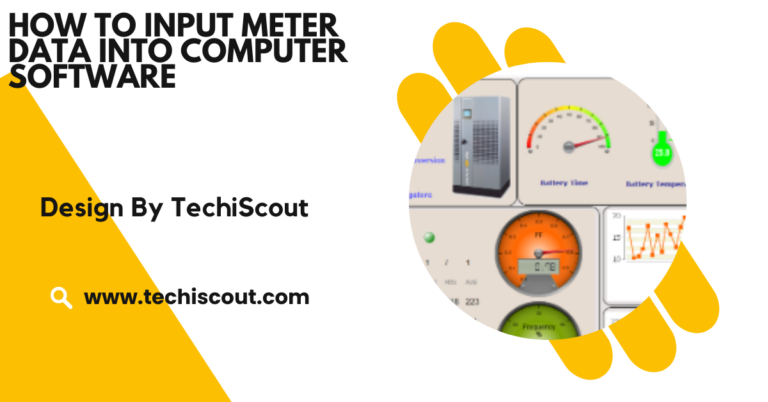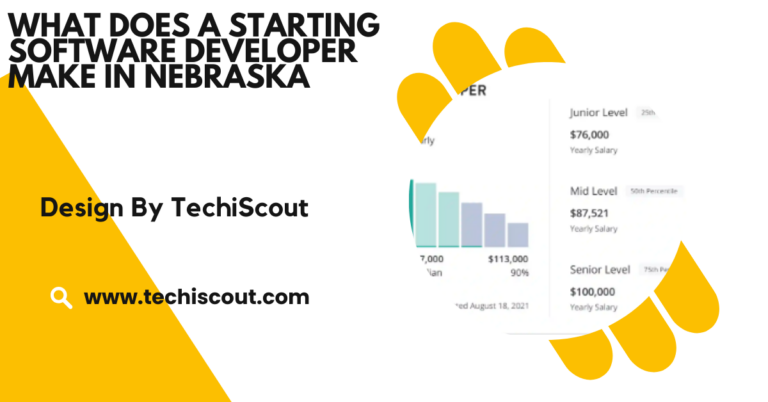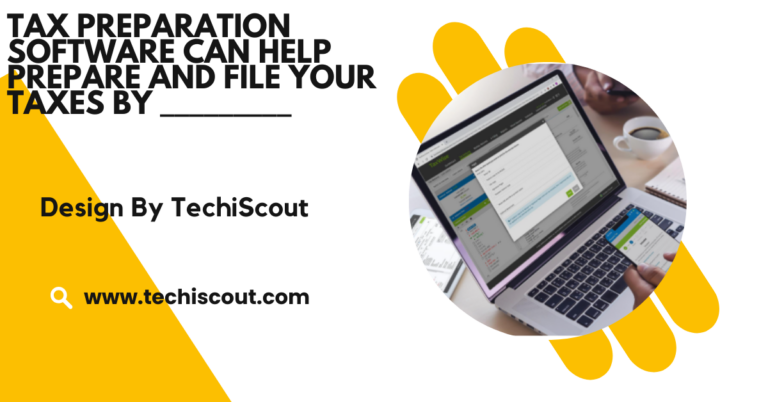Can You Get Into Software Engineering With Double e degree -A Comprehensive Guide!
Yes, electrical engineering graduates can transition to software engineering with programming skills, analytical abilities, and targeted learning.
This article explores how an EE graduate can transition into software engineering, the skills needed, and actionable steps to make the switch.
Table of Contents
Why Electrical Engineers Make Great Software Engineers:
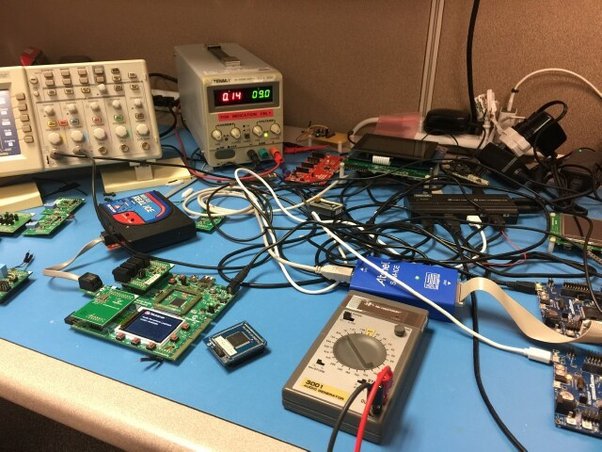
Electrical Engineering and software engineering share many commonalities, making the transition relatively seamless for motivated individuals. Here’s why EE graduates excel in software engineering:
Strong Analytical Skills:
Electrical engineers are trained to analyze complex systems, design circuits, and troubleshoot issues. These analytical skills are directly applicable to writing efficient algorithms and debugging software.
Experience with Programming:
Many EE programs include courses in programming languages such as C, C++, MATLAB, or Python. These programming skills can serve as a solid starting point for learning software engineering.
Systems Thinking:
Electrical engineers understand how components work together in a system. This holistic perspective is valuable when designing and implementing software systems.
Mathematical Proficiency:
From signal processing to control systems, EE programs heavily rely on mathematics. Software engineering often requires a strong grasp of math, especially for roles in data science, machine learning, and algorithm design.
Key Differences Between Electrical and Software Engineering:
Before diving into software engineering, it’s essential to understand the key differences between the two fields:
| Aspect | Electrical Engineering | Software Engineering |
| Focus | Hardware, circuits, and physical systems | Software development and digital systems |
| tools | Oscilloscopes, multimeters, PCB design | IDEs, compilers, version control systems |
| Knowledge Base | Physics, electronics, and control systems | Algorithms, programming, and data structures |
| Career Outcomes | Power systems, telecommunications | Web development, mobile apps, AI, and more |
While EE leans towards hardware, software engineering focuses on building and optimizing digital tools and platforms.
Skills Needed to Transition from EE to Software Engineering:
To make the switch, EE graduates should focus on acquiring skills specific to software engineering:
Programming Languages:
Proficiency in programming languages is crucial. Focus on industry-relevant languages like:
- Python: Great for beginners and widely used in AI and web development.
- Java: Popular for building enterprise applications.
- C++: Essential for performance-critical applications.
- JavaScript: Key for front-end and full-stack development.
Data Structures and Algorithms:
Understanding data structures (e.g., arrays, linked lists, trees) and algorithms (e.g., sorting, searching) is fundamental to writing efficient software.
Version Control Systems:
Learn tools like Git and platforms like GitHub or GitLab to manage code changes and collaborate with teams.
Software Development Lifecycle (SDLC):
Familiarize yourself with concepts like Agile, Scrum, and DevOps to understand the software development process.
Problem-Solving Skills:
Brush up on problem-solving through platforms like:
- LeetCode
- HackerRank
- Codeforces
Specialized Knowledge:
Depending on your career goals, delve into specific areas like:
- Web Development: Learn HTML, CSS, JavaScript, and frameworks like React or Angular.
- Mobile App Development: Explore Kotlin, Swift, or Flutter.
- Machine Learning: Understand libraries like TensorFlow and Scikit-learn.
Also Read: Is Cisco Fpr Software Or Hardware
How to Transition into Software Engineering A Step-by-Step Guide:
Here’s a practical roadmap to transition from EE to software engineering:
Step 1: Evaluate Your Interests:
Software engineering encompasses various domains like web development, mobile apps, data science, and embedded systems. Identify which aligns with your interests and leverage your EE background.
Step 2: Learn Relevant Skills:
Enroll in online courses, bootcamps, or certification programs to build your software engineering skill set. Popular platforms include:
- Coursera: Offers courses on programming, data structures, and algorithms.
- Udemy: Affordable courses on web and mobile app development.
- freeCodeCamp: Free resources for beginners.
Step 3: Build a Portfolio:
Practical experience matters. Start with small projects and gradually tackle more complex tasks. Examples include:
- Creating a personal website
- Building a mobile app
- Developing a machine learning model
Share your work on GitHub to showcase your skills to potential employers.
Step 4: Gain Experience:
Look for internships, freelance gigs, or entry-level positions in software engineering. Experience in any software-related role will strengthen your resume.
Step 5: Network and Seek Mentorship:
Join tech meetups, forums, or LinkedIn groups to connect with professionals in software engineering. Seek advice from mentors who can guide you through the transition.
Step 6: Tailor Your Resume:
Highlight transferable skills from your EE background, such as programming knowledge, analytical abilities, and project experience. Emphasize any software-specific projects or certifications.
EE Degree Holders in Specific Software Engineering Roles:
Electrical Engineering graduates can find rewarding opportunities in various software engineering roles:
Embedded Systems Engineer:
Leverage your knowledge of hardware and software integration to design and optimize embedded systems. Tools like Arduino, Raspberry Pi, and real-time operating systems (RTOS) can be useful.
Machine Learning Engineer:
Combine your math skills and programming knowledge to develop AI models. This role often requires expertise in Python and frameworks like PyTorch or TensorFlow.
Software Developer:
Work on application development, focusing on coding, debugging, and optimization. Knowledge of multiple programming languages and frameworks is essential.
Data Scientist:
Analyze large datasets to derive insights and build predictive models. Skills in Python, R, and SQL are critical.
Success Stories of EE Graduates In Software Engineering:
Many successful software engineers began their journeys with degrees in Electrical Engineering. Their stories prove that this transition is both achievable and rewarding. Notable examples include:
- Elon Musk: With a background in Physics and Engineering, Musk has contributed significantly to software-driven innovations at Tesla and SpaceX.
- Tony Fadell: Known as the “father of the iPod,” Fadell leveraged his EE knowledge to create groundbreaking consumer electronics.
Faq’s:
1. Can I become a software engineer with an EE degree?
Yes, an Electrical Engineering degree equips you with transferable skills like programming and problem-solving, which are crucial for software engineering.
2. What skills should EE graduates focus on for software engineering?
Focus on programming languages, data structures, algorithms, version control systems, and software development methodologies.
3. Do I need a computer science degree to switch to software engineering?
No, a computer science degree is not mandatory. Practical experience and targeted learning are more important.
4. How long does it take to transition from EE to software engineering?
It typically takes 6–12 months of dedicated learning and project experience to transition effectively.
5. What software engineering roles are suitable for EE graduates?
EE graduates can excel in roles like embedded systems engineer, machine learning engineer, software developer, and data scientist.
Conclusion:
If you have a degree in Electrical Engineering, a career in software engineering is well within your reach. Your analytical skills, programming background, and systems knowledge make you a strong candidate for software engineering roles. By acquiring the necessary skills, building a portfolio, and gaining practical experience, you can confidently make the switch.
